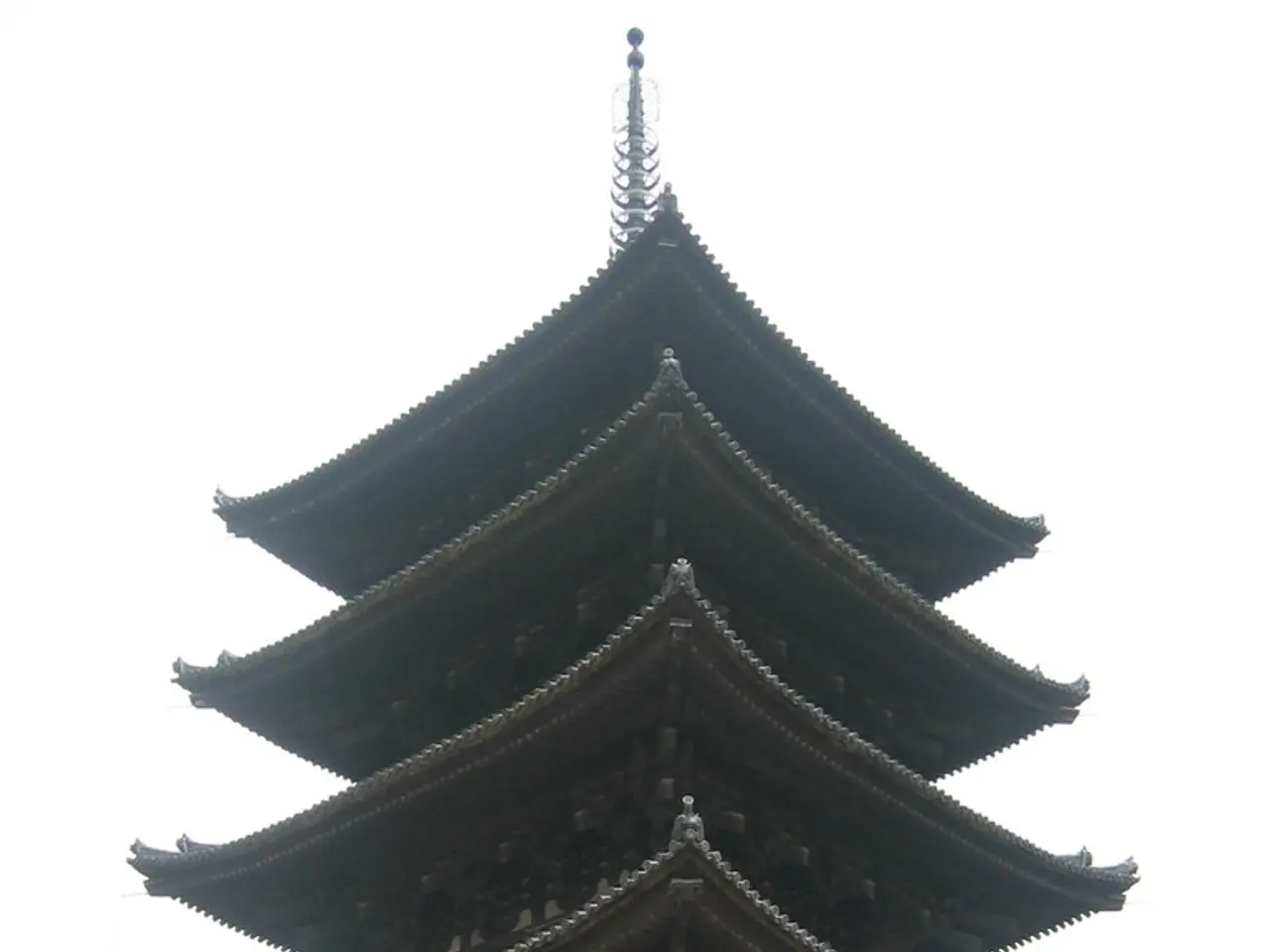Potential Chinese interest in Trump's Middle East policies
Unpredictable Global Powers and Deciphering Washington's Moves
In the ever-shifting landscape of international relations, the Israel-Iran conflict has thrown up some intriguing insights for a keen China observer. According to this observer, China might be in for a long haul as a potential beneficiary, should the U.S. step back from its traditional role of stable leadership. The recent U.S. strikes on Iran have raised doubts about Washington's willingness to engage in protracted conflicts, offering China a precious lesson on how the Trump administration might approach other hotspots, such as Taiwan.
Beijing's Shrewd Maneuvers
The conflict between Israel and Iran serves as a fascinating case study for China's diplomatic tactics. China, despite having significant economic ties with Israel, firmly criticized Israel's offensive actions and declared support for Iran's sovereignty during the 2025 war. This strong stance was a clear indication of China's determined efforts to establish leadership in line with the Global South's perspectives, setting itself apart from the U.S.-led Israel support.
Moreover, this conflict put a strain on China-Israel political relations, highlighting the precarious nature of China's dual-engagement strategy in the Middle East. China responded by reinforcing its strategic and economic ties with Iran, further distancing itself from Western influence in the region.
Lessons Learned
The Israel-Iran conflict has deepened China's mistrust of the U.S. as a reliable global security actor. Beijing views the U.S.'s military and political backing of Israel as an indication of its readiness to confront rivals and defend allies. This observation fuels Chinese concerns over U.S. intervention in Taiwan, a flashpoint whose potential conflict Beijing views as a core national interest.
China sees the U.S.'s approach in the Middle East—robust and aligned with allies—as a roadmap for its response in the Taiwan Strait. Given the strained China-Israel relations during the Israel-Iran conflict and the deepening partnership between China and Iran, Beijing appears to anticipate similar dynamics if a conflict arises over Taiwan. As a result, this perspective may prompt China to adopt a more assertive stance to deter U.S. involvement and uphold its sovereignty claims, having learned valuable lessons from the diplomatic and strategic complexities of the Middle East.
In essence, the Israel-Iran conflict provides a valuable lesson for China: the U.S.'s penchant for alliance-driven interventions in regional flashpoints, serving to reinforce China's skepticism of American involvement in Taiwan and informing Beijing’s strategic calculus to counterbalance U.S. influence globally.
- China's diplomacy in the Israel-Iran conflict, characterized by its firm stand against Israel's offensive actions and strategic alliance with Iran, reveals a potential blueprint for its approach in managing war-and-conflicts, particularly in the Taiwan Strait.
- The lessons gleaned from the Israel-Iran conflict have intensified Beijing's political news analysis regarding the U.S. as an unpredictable global power, emphasizing the significance of diplomacy in counterbalancing American influence and safeguarding China's core national interests.








